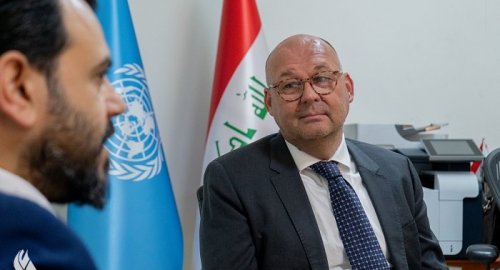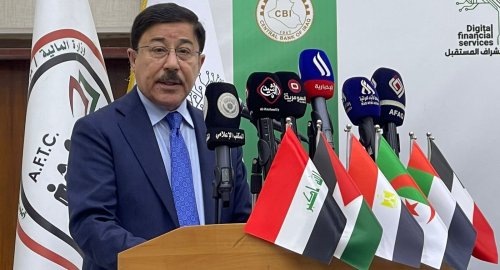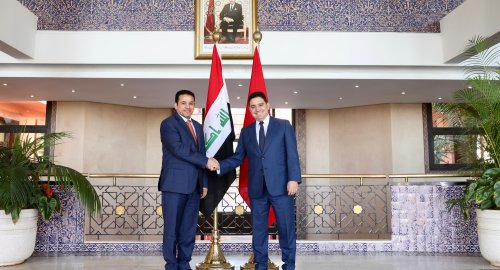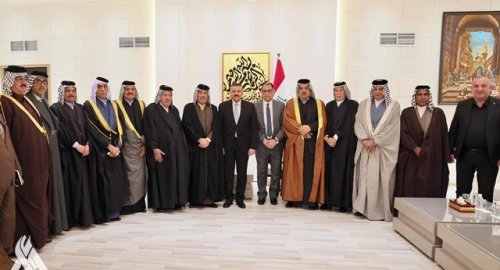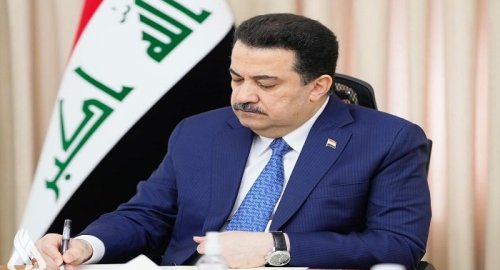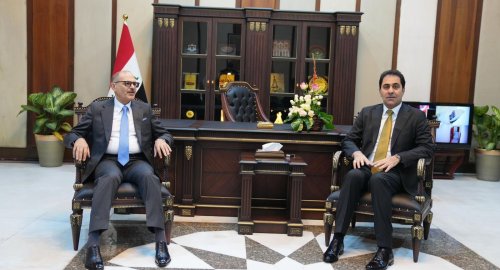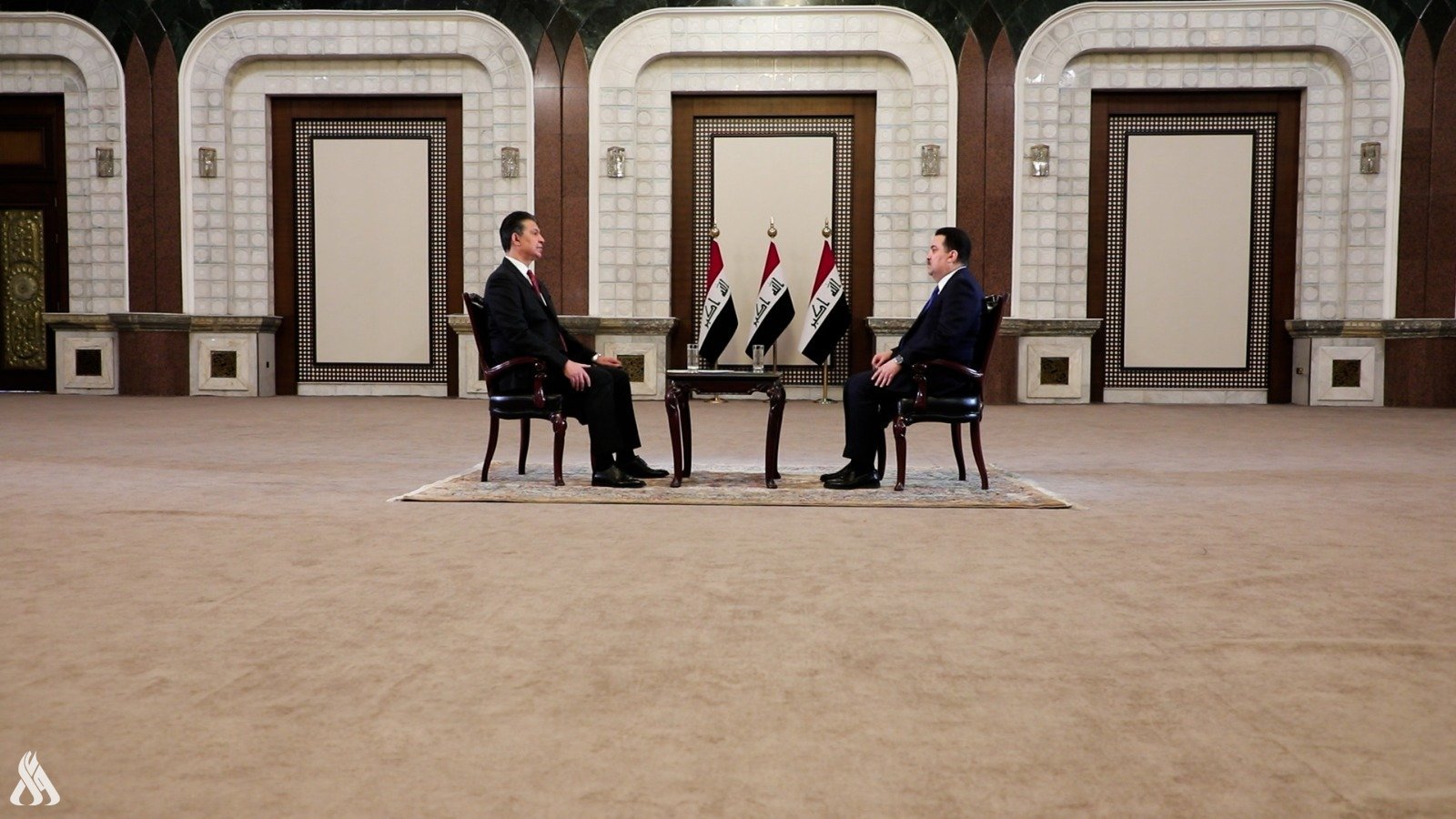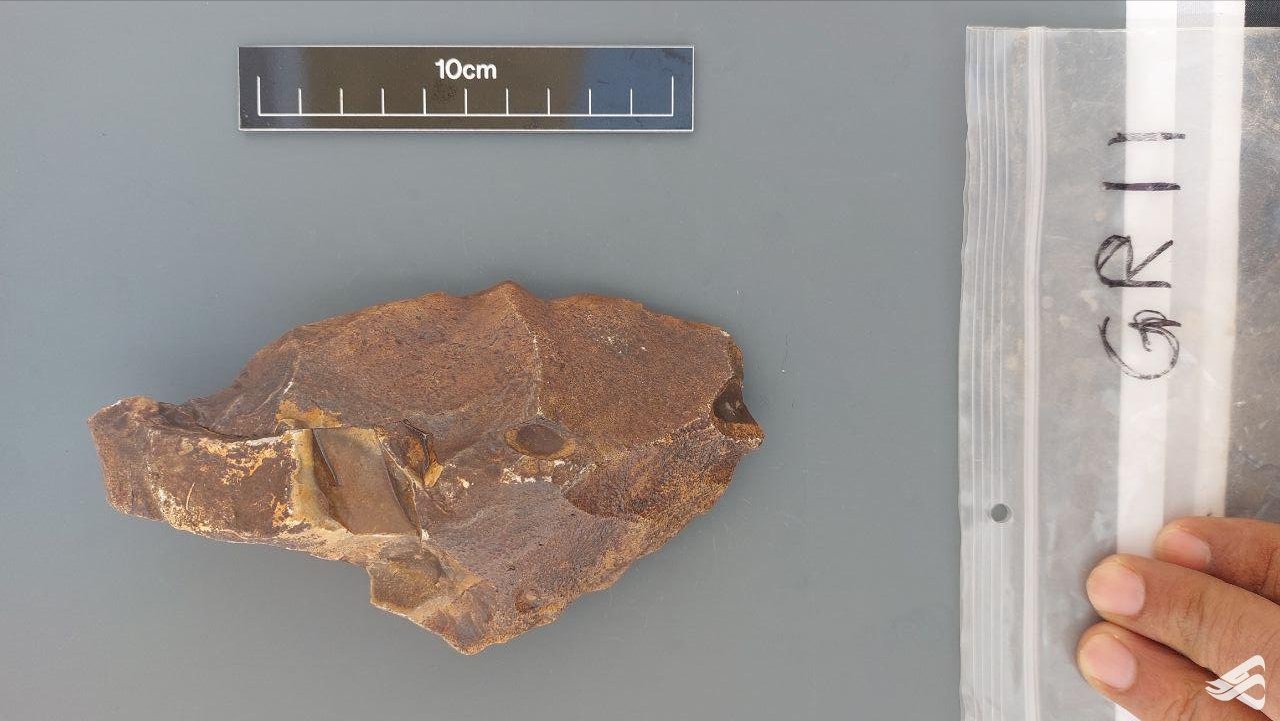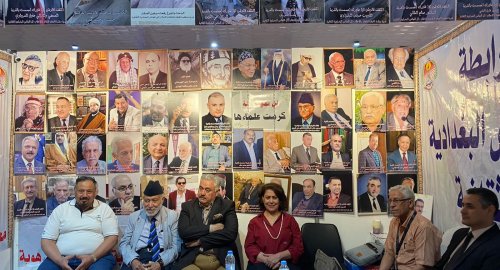
Cultural, artistic, literary, and knowledge aspects of Baghdad councils are blended

- 21-09-2024, 21:30
Baghdad - INA
The book fair, which brings together thousands of books, is more than just a place to buy and acquire them; it's also a place to gather for many literary and cultural groups, including the Baghdadi Cultural Councils Association, which is participating for the eighth consecutive year in the fair.
Sadiq Al-Rubaie, the founder of the association, explains that the association's goal in participating in the book fair is to introduce the public to its activities and its role in promoting culture in Iraqi society.
The association includes an elite group of intellectuals and writers in Baghdad, and they organize regular cultural and literary sessions.
Al-Rubaie adds in his interview with the Iraqi News Agency (INA): "Every month, we hold four to five diverse sessions, as these sessions address various cultural and educational topics, and are attended by hundreds of people, which reflects the importance of these meetings in supporting the cultural movement."
He believes that "these councils are a cultural lung that refreshes Baghdad's breath in terms of literature, culture and science."
He continues, "The association was founded in 2010, and since then it has sought to celebrate culture, art, literature and science in Iraq. The goal was not only to promote local Iraqi culture, but also to enrich Iraqi society by hosting writers and scientists from Arab countries, where many activities and discussions were presented that entertain the mind and heart alike."
Al-Rubaie also points out that "the association aims to bring together literary councils that were held in old Baghdad houses in one framework, to be a means of entertainment for the Iraqi citizen through culture and art." Cultural movement with a youthful flavor.
For her part, Intithar Juma, a member of the association's administrative body, confirms that "the association includes an elite group of intellectuals of both genders, and strives to integrate youth and the new generation into these cultural activities; with the aim of involving them in the cultural movement and expanding the circle of knowledge."
Juma says: "We have published a book entitled One Hundred Years of Baghdad Councils, which is a documentation of more than 35 cultural councils in Baghdad, such as the Al-Ghaban and Al-Matar Councils, where we discuss various topics ranging from heritage to the present, authenticity and alienation, and we address everything from poetry and singing to intellectual lectures."
Juma also confirmed that "the activities and lectures organized by the association are not limited to its members only, but rather host many figures from different segments of society, in order to achieve the goal of diversity in activities and discussions."
Councils between Yesterday and Today The origins of literary councils in Baghdad go back to ancient times, when they were held in Baghdad's historic houses and had specific dates, and intellectual, social, literary, political and religious discussion sessions were held there. The roots of these councils extend back to the golden Abbasid era, when Baghdad was a destination for scholars, poets and writers from all over the world. There was no palace or mosque at that time without a council where writers and poets met with princes and scholars to exchange ideas and fruitful discussions. These councils reflected Baghdad's leading cultural position at that time. This rich cultural heritage was the reason behind the establishment of the Baghdad Councils Association, as Al-Rubaie explained, that the association came to gather these councils under one umbrella and target the Iraqi citizen in general, providing him with entertainment through culture and art from Baghdad to the World.
US Central Command: We killed ISIS terrorist leader Abu Yusuf in Syria
- International
- 24/12/20
Liverpool compete with Real Madrid to sign Olympique Lyonnais star
- Security
- 24/12/19
Hackers exploiting Microsoft Teams to gain remote access to user’s system
- Multimedia
- 24/12/17
The discovery of Pre-Christian human settlement sites in Iraq
- Investigations and reports
- 24/12/18
